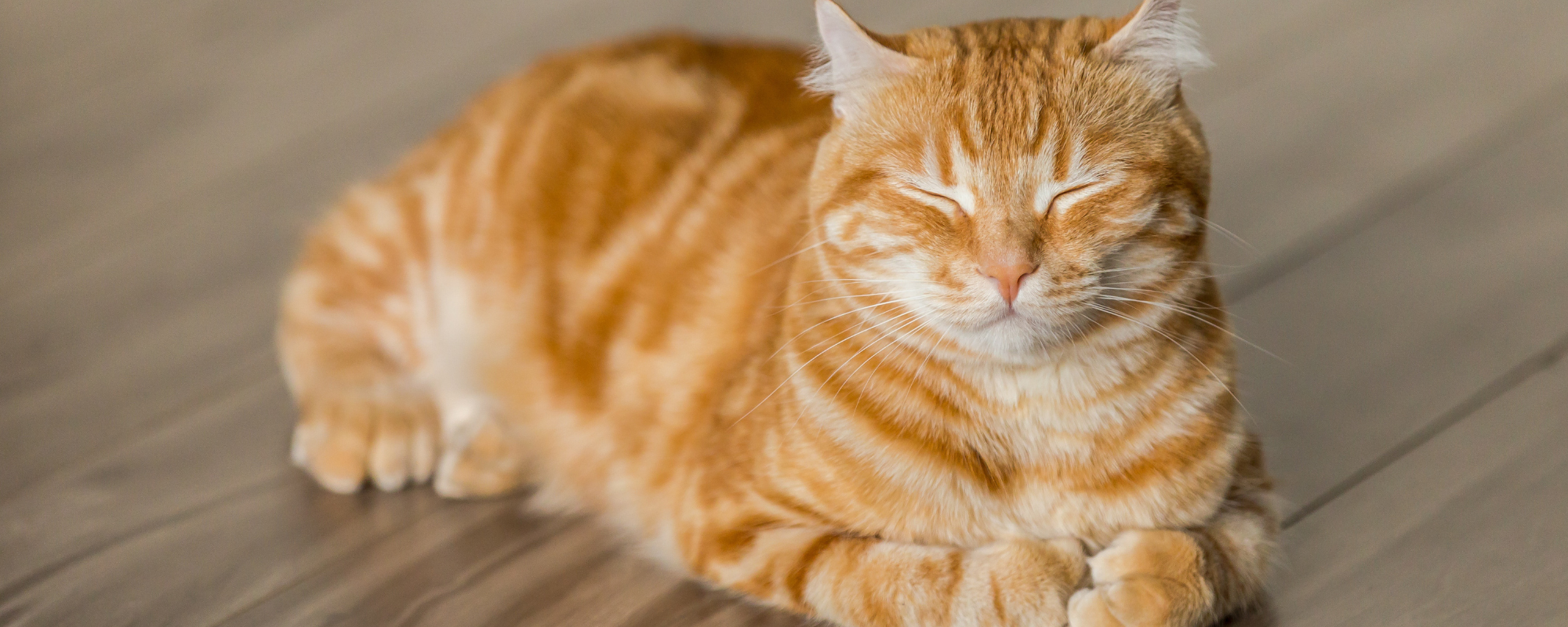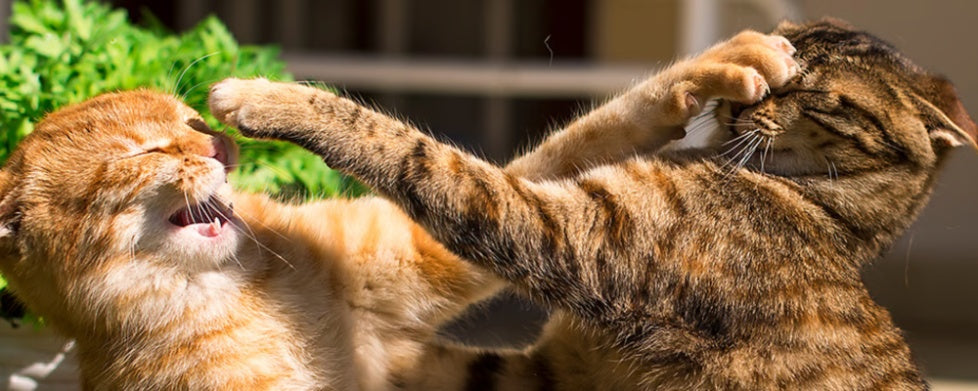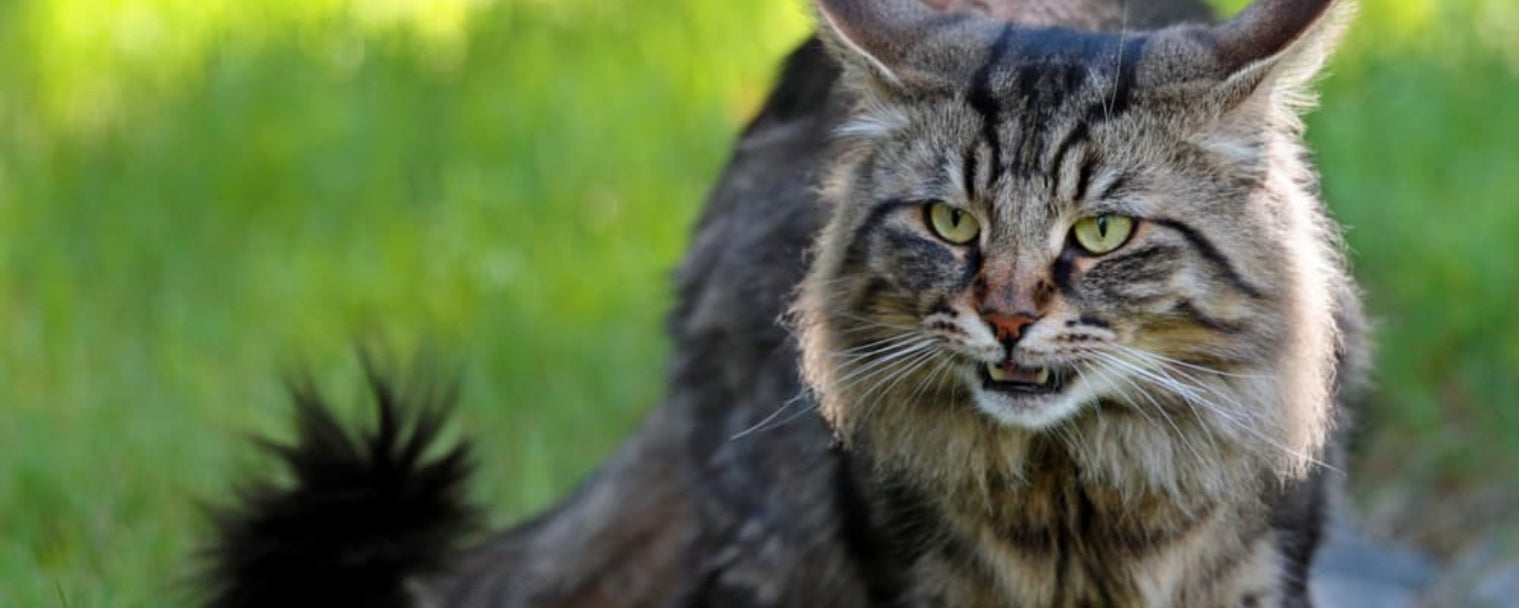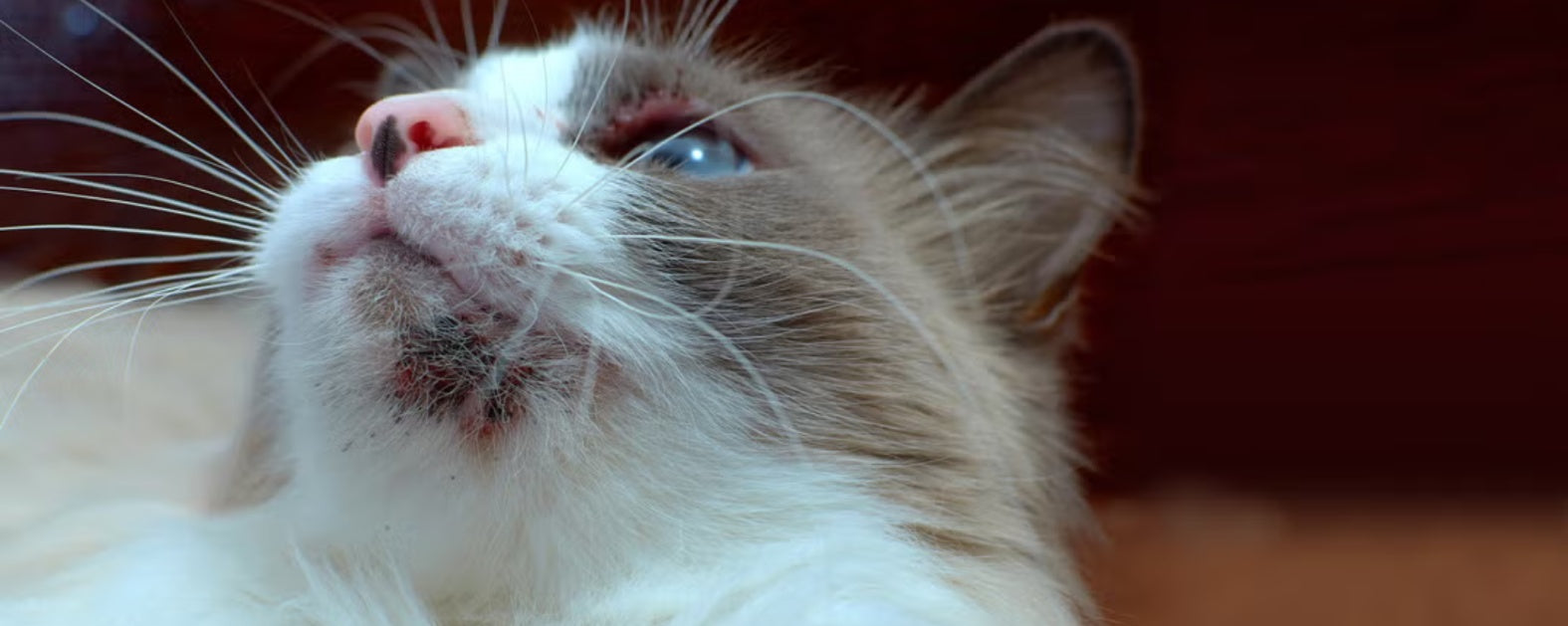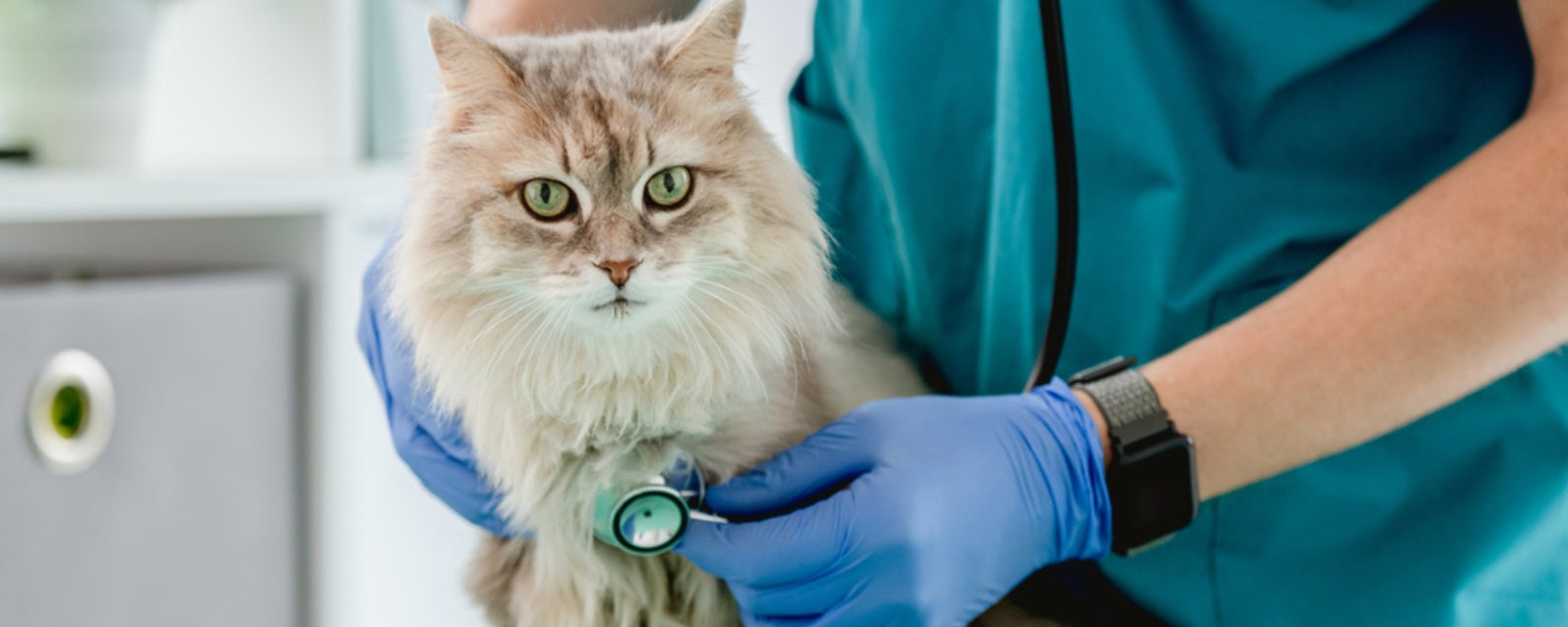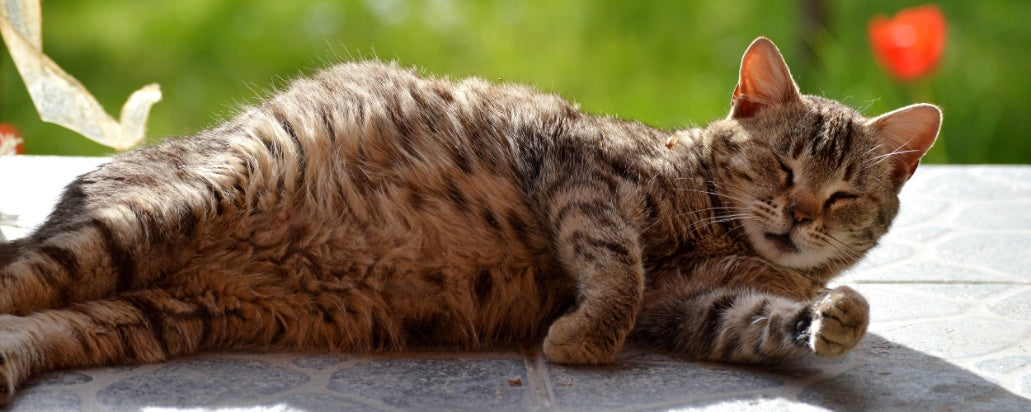A strong immune system is essential for your cat’s health, helping to fend off diseases and maintain optimal well-being. By boosting your cat’s immunity, you ensure that they have the best defense against infections and stressors. Achieving this requires a holistic approach involving diet, supplements, stress reduction, regular check-ups, and more.
The Importance of a Balanced Diet
A balanced diet is the cornerstone of a robust immune system for cats. As obligate carnivores, cats require protein-rich meals derived primarily from animal sources. Proper nutrition helps the body produce antibodies, heal more quickly, and reduce inflammation. A diet devoid of fillers, artificial preservatives, and low-quality ingredients contributes significantly to overall immune function. Quality food must contain essential amino acids, vitamins, minerals, and fatty acids to maintain optimal health and prevent nutrient deficiencies that can weaken the immune system.
10 Proven Health Tips to Boost Your Cat’s Immunity
1. Provide a High-Quality Diet
A well-balanced, high-quality diet forms the basis of a strong immune system for cats. Feeding your cat foods rich in animal proteins—like chicken, turkey, or fish—is essential, as their bodies depend on amino acids found in meat for proper function and immune response. Look for foods with minimal processing and limited or no grains, avoiding fillers like corn, wheat, and soy. High-protein, grain-free commercial diets or raw food diets can improve coat quality, boost energy, and support overall health. However, transitioning to a new diet should be gradual to prevent digestive upset, and always seek advice from a veterinarian to ensure your cat receives all necessary nutrients. Rotating different protein sources can prevent allergies and keep your cat’s diet interesting. Omega-3 fatty acids from fish oils or natural fish inclusion in diets can help reduce inflammation and support the immune response.
2. Ensure Adequate Hydration
Maintaining proper hydration is a cornerstone of feline health, yet many cats do not drink enough water due to their ancestral roots as desert animals. Providing fresh, clean water is essential, and using water fountains encourages cats to drink more by stimulating their natural attraction to moving water. Hydration is particularly important in supporting kidney function and preventing urinary tract issues, which are common in cats. Wet cat food has a moisture content of up to 75%, providing an additional source of hydration. Consider adding water to dry kibble to increase moisture intake. Ensure that water bowls are cleaned regularly and placed in locations your cat finds accessible and appealing. Introducing bone broth is another effective way to enhance hydration while offering immune-boosting nutrients.
3. Incorporate Essential Supplements
Dietary supplements can offer a significant immune boost for your cat. Omega-3 fatty acids, often sourced from fish oil, have proven benefits in reducing systemic inflammation, supporting skin health, and improving cognitive function. Probiotics play an essential role in maintaining gut health, which is closely linked to immune system function; a healthy digestive tract means better nutrient absorption and defense against harmful bacteria. Antioxidants such as vitamins C and E help neutralize free radicals that may cause cellular damage. Taurine is another essential amino acid that supports cardiovascular, eye, and immune health. When introducing supplements, always opt for veterinarian-recommended products tailored to your cat’s unique needs. Avoid over-supplementing, as excessive intake of certain vitamins and minerals may lead to toxicity or adverse reactions.
4. Reduce Stress
Stress can wreak havoc on your cat’s immune system, increasing the risk of infections and chronic illnesses. Establishing a consistent routine for feeding, play, and rest helps reduce anxiety. Safe spaces, such as designated rooms or quiet corners with bedding, allow your cat to retreat when they feel overwhelmed. Calming pheromone diffusers mimic natural feline pheromones and can create a reassuring environment, particularly during transitions, vet visits, or when introducing new pets. Engaging your cat in interactive play that simulates hunting behavior reduces boredom and offers mental stimulation, which is key to emotional health. Gentle grooming, positive interactions, and respecting your cat’s personal space during stressful situations contribute to overall well-being.
5. Regular Exercise
Physical activity not only keeps your cat fit but also strengthens their immune system. Exercise helps improve blood circulation, flushes out toxins, and enhances muscle tone, making it an integral part of overall health. Introduce engaging activities such as chasing feather wands, playing with laser pointers, or providing interactive puzzle toys that stimulate both the body and mind. Offer vertical spaces, like climbing trees or wall-mounted shelves, to encourage exploration. Daily play sessions, even if brief, release endorphins and promote emotional wellness, which further supports immunity. An active lifestyle also reduces the risk of obesity, diabetes, and other chronic diseases.
6. Promote Gut Health
The gut microbiome plays a vital role in overall health, and maintaining a balanced digestive system enhances immunity. Probiotics and prebiotics can restore and sustain beneficial gut bacteria, improving digestion, nutrient absorption, and the body’s defense against harmful pathogens. In addition to supplementing with probiotics, consider foods naturally rich in fiber to support digestion, like pumpkin or psyllium husk (with vet approval). Consistent feeding times, high-quality food, and minimizing sudden dietary changes are essential in supporting your cat’s digestive health. A robust gut also mitigates the effects of stress and reduces the risk of gastrointestinal upset.
7. Maintain a Clean Living Environment
A clean and hygienic environment minimizes the risk of infection by reducing exposure to bacteria, mold, allergens, and toxins. Regularly washing your cat’s bedding, cleaning litter boxes, and disinfecting toys and feeding areas with pet-safe products are essential for their health. Dusting and vacuuming help reduce allergens and hair buildup, which may cause respiratory or skin irritations. Ensure good ventilation to prevent humidity-related issues like mold growth. Pay close attention to any changes in your cat’s behavior in response to their environment, such as excessive grooming or sneezing, as these may be signs of stress or allergens.
8. Minimize Exposure to Toxins
Many common household items can be toxic to cats, from cleaning chemicals to human foods. Switch to natural cleaning products and avoid synthetic air fresheners that may irritate your cat’s respiratory system. Be vigilant about keeping toxic plants, like lilies and sago palms, out of reach. Pesticides, antifreeze, and medications must be stored safely, and spills should be cleaned up immediately. When using flea treatments or other topical products, always choose those formulated for cats and avoid applying dog-specific treatments, as they can contain ingredients toxic to felines.
9. Routine Veterinary Check-Ups
Regular visits to the veterinarian play a crucial role in detecting health issues early. Routine exams, vaccinations, and dental care keep your cat healthy and prevent common diseases. Preventive care, such as parasite control, reduces the risk of infections and further supports immunity. Veterinary check-ups also offer a chance to discuss any changes in your cat’s behavior or health, ensuring timely interventions. Blood tests, dental exams, and other diagnostics provide an in-depth view of your cat’s well-being, allowing for tailored health recommendations.
10. Use Natural Remedies
Natural remedies, such as herbs and plant-based supplements, can offer immune-boosting benefits. Echinacea is known to stimulate immune function, while milk thistle supports liver health. Licorice root offers anti-inflammatory benefits and can help manage allergies or skin issues. Chamomile and valerian are calming herbs that may reduce anxiety and stress-related symptoms. However, it’s vital to approach herbal treatments with caution, as certain herbs can be toxic to cats. Always seek veterinary guidance before incorporating herbs into your cat’s regimen to avoid adverse effects.
Conclusion
Boosting your cat’s immune system requires a combination of proper nutrition, regular exercise, stress management, and preventive care. By adopting these holistic strategies, you’ll strengthen their immunity, helping to ward off disease and ensure they lead a vibrant, healthy life. Focus on proactive, balanced care to give your cat the best chance at long-term wellness.

